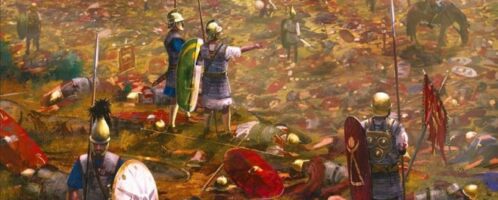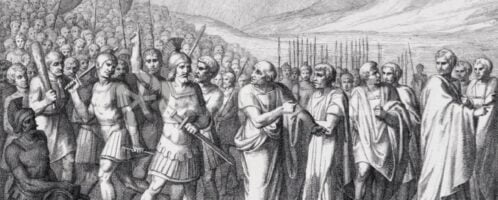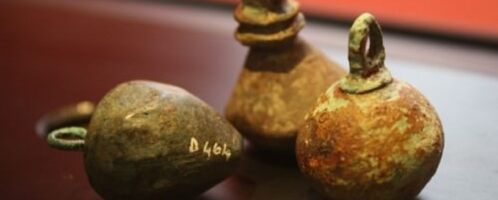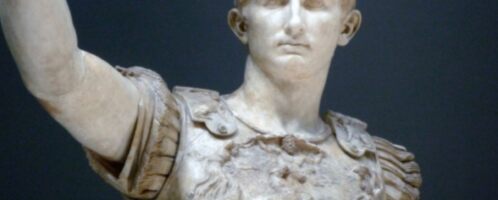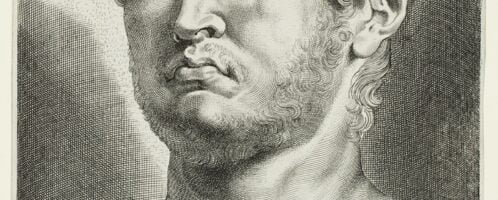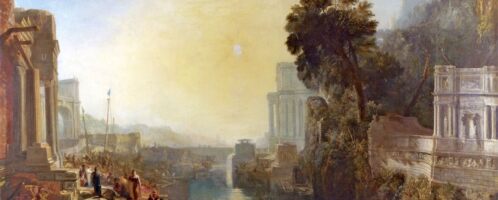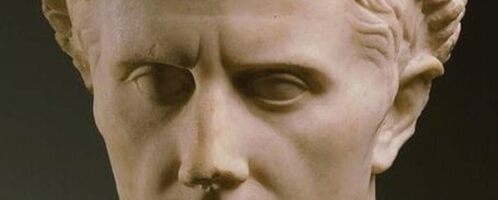Roman deadlift
It is said that the ancient Greeks and Romans practised the deadlift (deadlift). Lifting a weight from the ground is the oldest “utility” movement and has been proven to be the most powerful for centuries. Heavy stones were grabbed and lifted off the ground.

